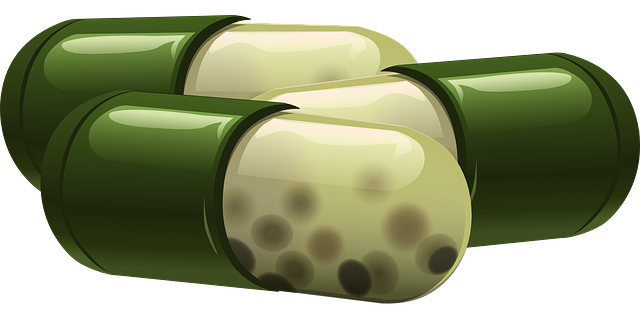If you’re thinking there’s a vitamin supplement you can take to fend off the novel coronavirus, think again. As a general rule, for otherwise healthy people, vitamin and herbal supplements offer greater risks than benefits. Still, the New York Times reports that millions of people right now are spending money on supplements, believing that supplements will improve their immune systems.
Based on independent evidence from Cochrane.org and other sources, there’s no reason to believe that most supplements offer most people any meaningful benefits. You can read here about vitamin B12, vitamin C, vitamin D, and fish oil supplements. And, you can read here about 15 ingredients in some supplements that pose particular health risks.
One serious issue with supplements is that they are not regulated by the Food and Drug Administration. So, they can have additives that are dangerous to your health. Another issue is that they can interact in harmful ways with other drugs you are taking, both prescription and over-the-counter. So, it’s best to speak to your doctor, before taking supplements.
The safest and most effective way to boost your immune system if you are otherwise healthy is to eat healthy, drink a lot of water, and, exercise. Exercise is your best bet for bone health, not calcium or vitamin D supplements.
What about zinc? Zinc helps our immune systems fight off bacteria and viruses. Right now people are buying large amounts of zinc. The best way to get zinc in your system is from eating red meat, poultry, shellfish, beans, nuts, chickpeas, lentils.
If you take zinc supplements, be careful. The National Institutes of Health says that taking too much zinc can be harmful, lowering your immunity, and it warns you should take no more than 40 mg a day. It recommends that adult women get 8 mg of zinc a day and men 11 mg. Cochrane has found evidence that zinc supplements have helped prevent pneumonia in children aged two to 59 months. But the quality of the evidence was “low.”
People are also buying elderberry supplements and echinacea. Cochrane finds that the evidence does not show echinacea fights the common cold, but it says echinacea could offer a “weak benefit.” As for elderberry supplements to prevent flu, the National Institutes of Health reports that the evidence is weak.
And melatonin? People are also struggling to sleep because of stress and anxiety. So, they are buying melatonin because they believe it can help them sleep better. Cochrane finds evidence that melatonin is “remarkably effective in preventing or reducing jet lag,” and says short-term use appears to be safe. But, it has not studied its effect on sleep more generally. The NIH reports that there is not enough strong evidence to show that melatonin helps or is safe for people with chronic sleep problems. Again, there are possible adverse interactions with other drugs. So, talk to your doctor before taking it. Here are some tips for sleeping well without drugs.
Here’s more from Just Care:
- Exercise may be your best bet for bone health, not calcium or vitamin D supplements
- If you take supplements, beware of potentially serious supplement-drug interactions
- Are fish oil supplements just another red herring?
- Avoid supplements with these 15 ingredients
- Taking supplements? You’re at risk for liver damage

Leave a Reply